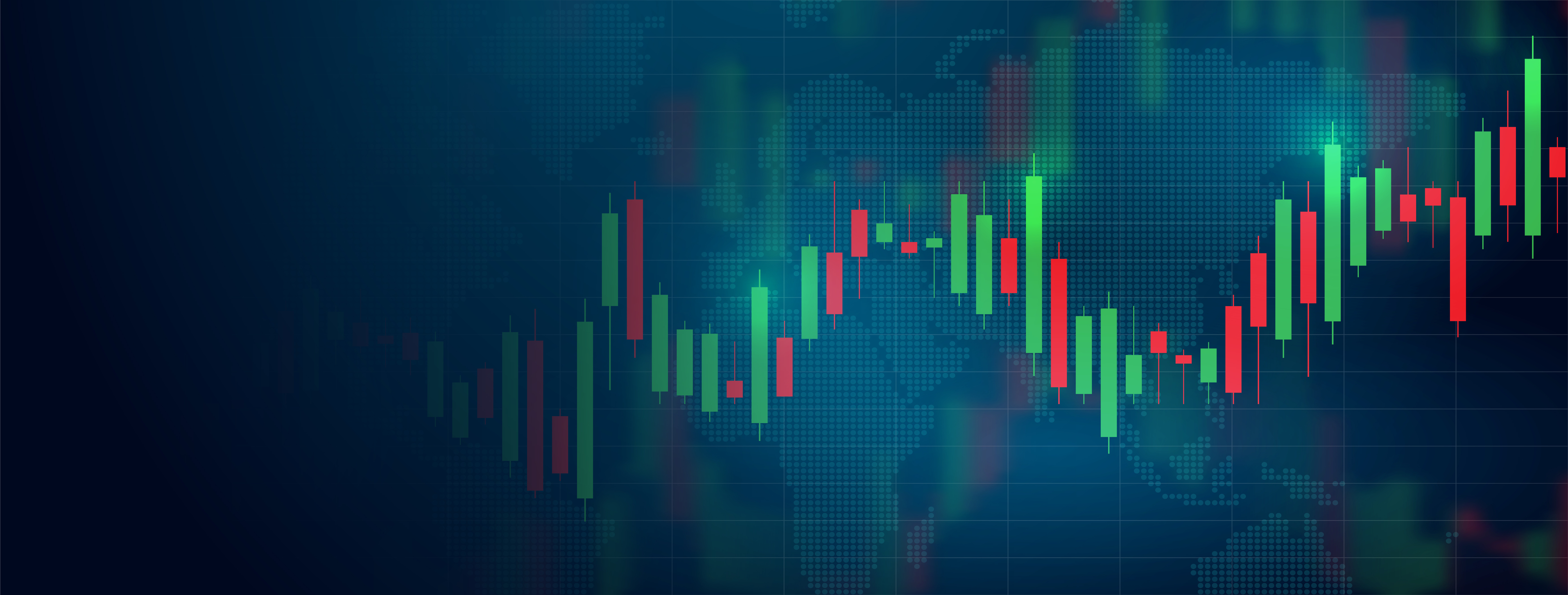Updated April 2020
At first glance, the title may appear fruitless, or even a paradox. As a trader, you engage with the market to profit and the only way to achieve this is to trade.
However, at times, remaining on the side lines may be more fitting and actually save you from unnecessary loss.
Personal Life
Trading under emotional strain can affect the way traders interpret the market.
A recent death in the family, for example, often unlocks a wide and confusing range of emotions.
Interacting with the market under these settings frequently leads to catastrophic mistakes. ‘Revenge trading’ is a common reaction, unlocking the possibility of a margin call. For that reason, during times of emotional stress it is generally advised to avoid trading with live funds.
Distractions
Each profession requires focus to some degree or another. Some are inherently tougher than others and need greater focus. No matter the profession, though, battling interruptions and focusing on the task at hand is an implicit requirement.
Limiting distractions during trading is crucial.
As an example, let’s imagine you’re watching the 1.2050 support level on EUR/USD, and have been for the past hour. The telephone rings and you leave to answer it. In the five minutes you’re away from the desk, price movement tests and rebounds from 1.2050. You now face a dilemma – either chase price, which is currently trading at 1.2057, or pass on the setup knowing a perfectly good opportunity was missed.
Social media is also considered a distraction. Not only does it divert focus from what’s important (your trading), it can, if you let it, alter your decisions based on other opinions.
Stay on the Side Lines
Personal life and distractions are aspects of trading you have some degree of control over. They’re not external, so to speak.
When it comes to the market, however, a number of actions can affect trading decisions. These tend to be external.
Economic news. In most cases, executing technical trades before, during or just after high-impacting news events is a recipe for disaster. In periods of volatility price can jump (gap) in either direction. Unless you’ve accepted the risk of this occurring, steer clear of trading around news time. Let the dust settle and then reassess the situation. The majority of economic calendars highlight important events to be aware of.
Central bank movement. Central banks are tasked with the mission of overseeing the monetary system of a nation, or a group of nations. Members of the banks often interact with media and attend events. Frequently, the banks script their speeches, but there are times when they may say something unexpected, jolting markets across the board. These can develop into huge currency movers, clearing several technical levels. Luckily, central bank exchanges are generally scheduled on the economic calendar – you can, therefore, plan trades in advance and remain on the side lines if need be.
Bank holidays. Commercial banks are major players in the currency market, facilitating the majority of trading volume. When banks close in observance of national holidays the market is less liquid. This can lead to both abnormally low and high volatility. It is often recommended to avoid currencies associated with banks that are closed, as price movement is generally thin.
Weekends. Unless a long-term strategy is employed, which often involves holding trades for weeks, months and sometimes even years, leaving trades open over the weekend is considered an unnecessary risk and best avoided. All it takes is a disaster to strike and an account could be wiped out. Intraday traders should not have this concern given most trades are liquidated by the day’s close. However, concerning a swing trading approach, it’s down to the individual trader to decide whether it is worth leaving active positions open over the weekend. Remember, always, always trade in your OWN best interests.
If you are not feeling on top of your game, never feel bad about taking a seat on the side line. It is better to miss a setup than to risk an emotional meltdown.






